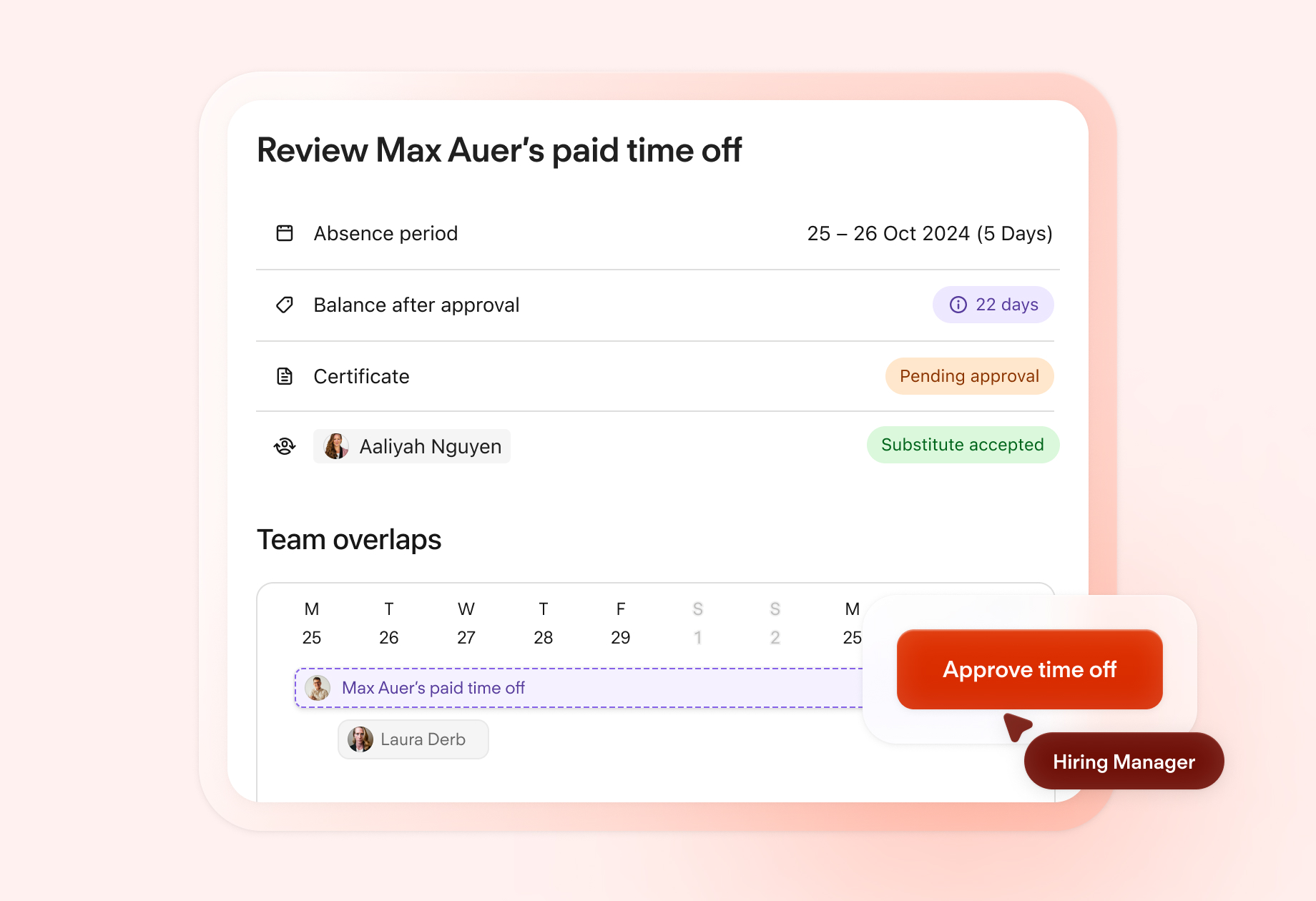How Should Organisations Manage Floating Holidays?

What is a floating holiday? A relatively new benefit being offered, floating holidays can add to the arsenal of benefits that your organisation leverages to draw top talent onto your roster. But, how do they work?
This comprehensive guide explores the nuances of floating holidays, delves into best practices for efficient management and sheds light on how HR software can make the process run much more smoothly.
Skip right to the chase and download our staff holiday planner template today.What are floating holidays?
Unlike traditional holidays tied to specific dates like Christmas or New Year's Day, floating holidays offer employees greater flexibility in choosing their paid time off (PTO). A floating holiday may be used for various reasons, including:
Religious observances
Personal anniversaries (like a birthday)
Various appointments (doctor visits, car repairs)
Unexpected events (child's school event, family emergencies)
Mental health breaks
Do companies have to provide floating holidays?
Not at all. Companies can choose to include floating holidays as part of their benefits package to attract and retain top talent, but there is no legal obligation for companies to offer floating holidays. Keep in mind that this differs from time off in lieu (TOIL).
Can a floating holiday be carried over into the next year?
While it depends on what is in your company’s policy, it is typically the case that floating holidays do not carry over into the next year. If employees do not use them, their entitlement expires at the end of the calendar year.
Why might organisations offer floating holidays?
There’s a lot of reasons to consider adding floating holidays to your roster of benefits. Let’s explore some of the most compelling to keep in mind…
Competitiveness: Offering floating holidays can make an organisation more attractive to potential talents looking for flexible work arrangements.
Autonomy and control: Employees appreciate the freedom to choose their time off, leading to a sense of empowerment and trust in their employer.
Employee morale and engagement: Satisfied employees are more productive, engaged, and dedicated to their work.
Work-life balance: The ability to use floating holidays for personal needs reduces stress and fosters a better balance between work and personal life.
Reduced absenteeism: By allowing employees to address personal needs during floating holiday days, unscheduled absences may decrease.
Enhanced job satisfaction: Feeling valued and trusted by their employer can boost employee morale and satisfaction, increasing engagement and loyalty.
Half a decade of insights on employee experience
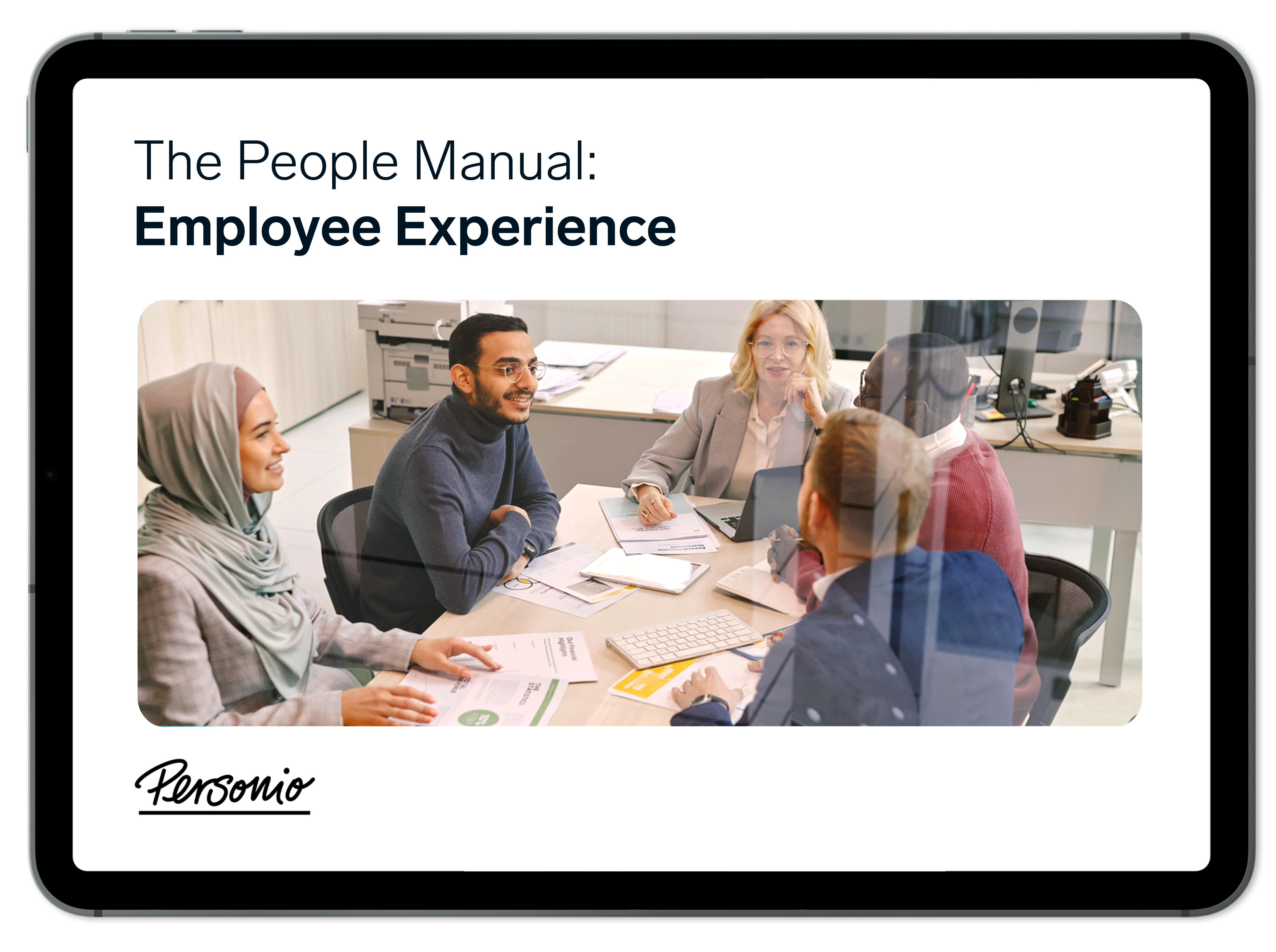
Our "People Manual" covers all things related to employee experience and developing initiatives that result in more engaged employees. Grab your free copy right now.
Download It TodayKey considerations before introducing floating holidays

While offering floating holidays brings its benefits, managing them effectively requires careful planning and consideration:
Scheduling conflicts: With multiple employees potentially requesting the same dates, creating a fair and balanced schedule can be challenging.
Tracking and approval: Manually processing requests, monitoring approvals and tracking remaining balances can be time-consuming and prone to errors.
Policy adherence: Ensuring employees understand and comply with established policies regarding floating holidays can be complex.
Potential for abuse: Concerns regarding some employees potentially taking advantage of the flexibility offered by floating holidays may arise.
Floating holidays: Examples and best practices
To ensure smooth and successful management of floating holidays, considering implementing these best practices can be crucial:
Establish clear and consistent policies
Develop a comprehensive document outlining eligibility criteria, the number of floating days offered per year, blackout periods (if applicable), request procedures, carry-over policies and disciplinary actions for violating the policy.
Implement a fair and transparent scheduling system
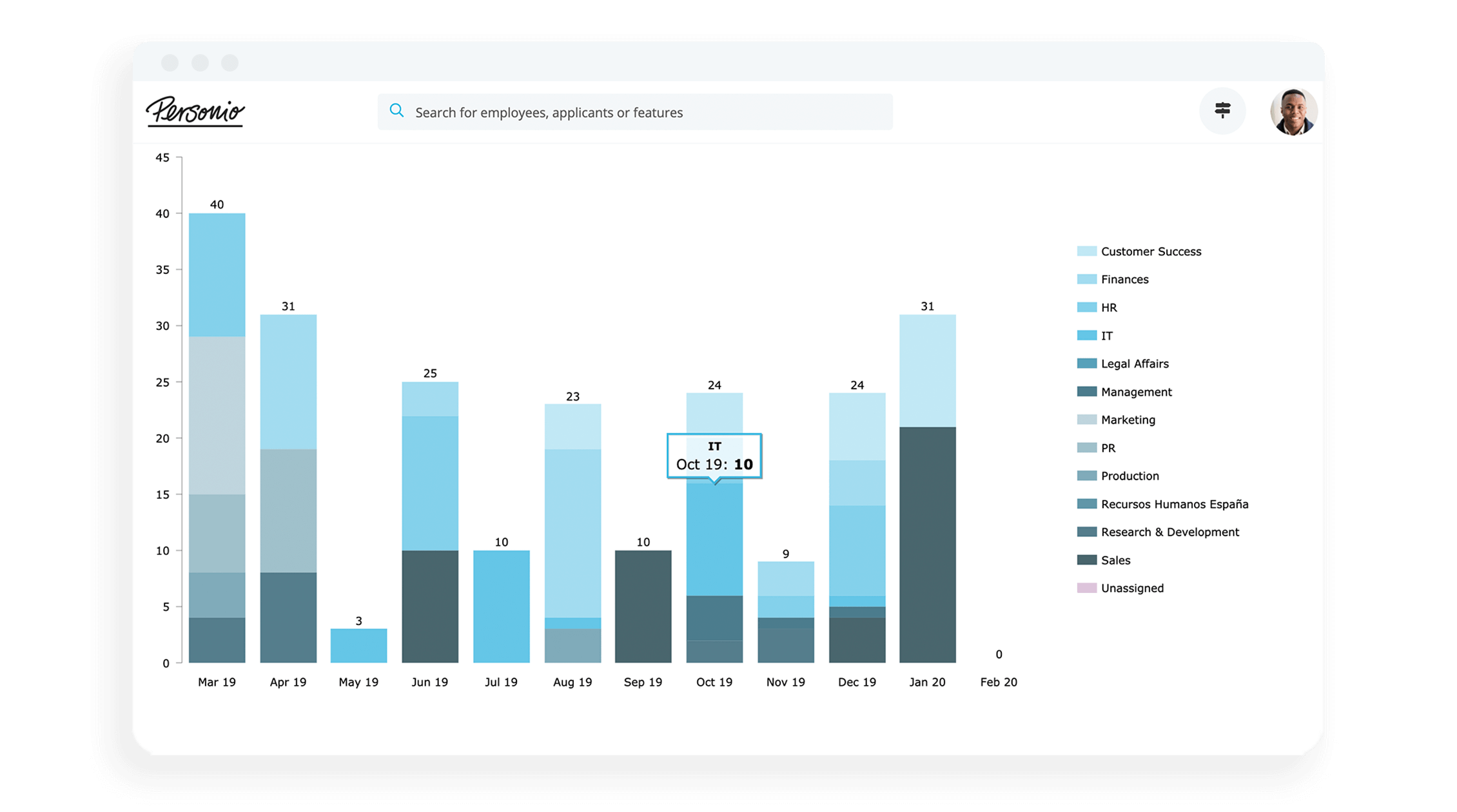
Choose a scheduling method that prioritises fairness and transparency, such as:
First-come, first-served: Employees who submit requests first are granted their preferred dates based on availability.
Rotational system: Employees take turns choosing dates based on a pre-established order.
Combination approach: You can combine first-come, first-served with a blackout period reservation system for specific high-demand periods.
Manager discretion: This approach grants managers the authority to approve or deny requests based on operational needs and fairness considerations. Remember to provide clear guidelines to avoid bias and ensure transparency.
Communicate effectively
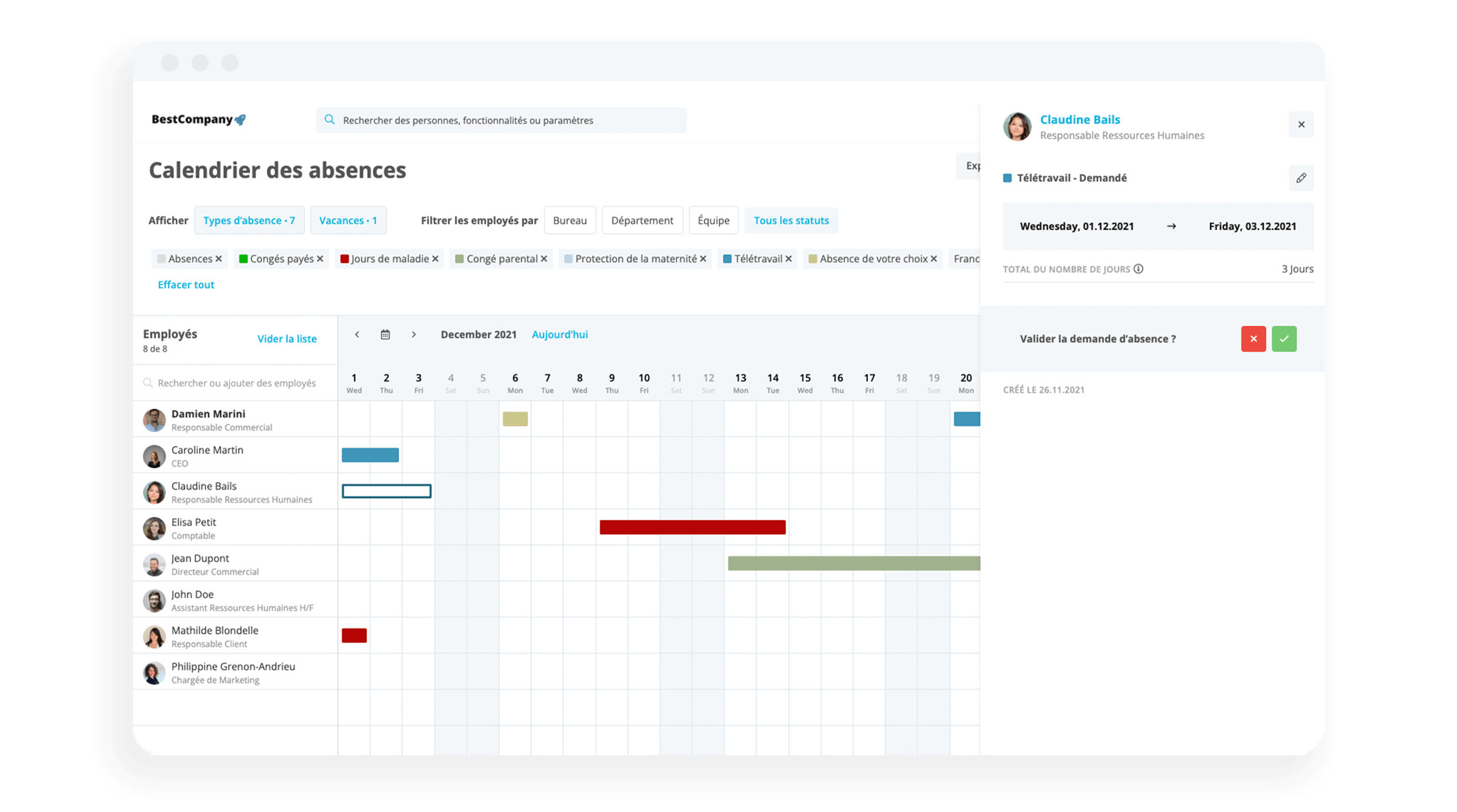
Regularly communicate policies, procedures, updates and reminders regarding floating holidays through various channels, like:
Employee handbook
Internal communication platforms
Company website
Email notifications
Q&A sessions
Leverage technology
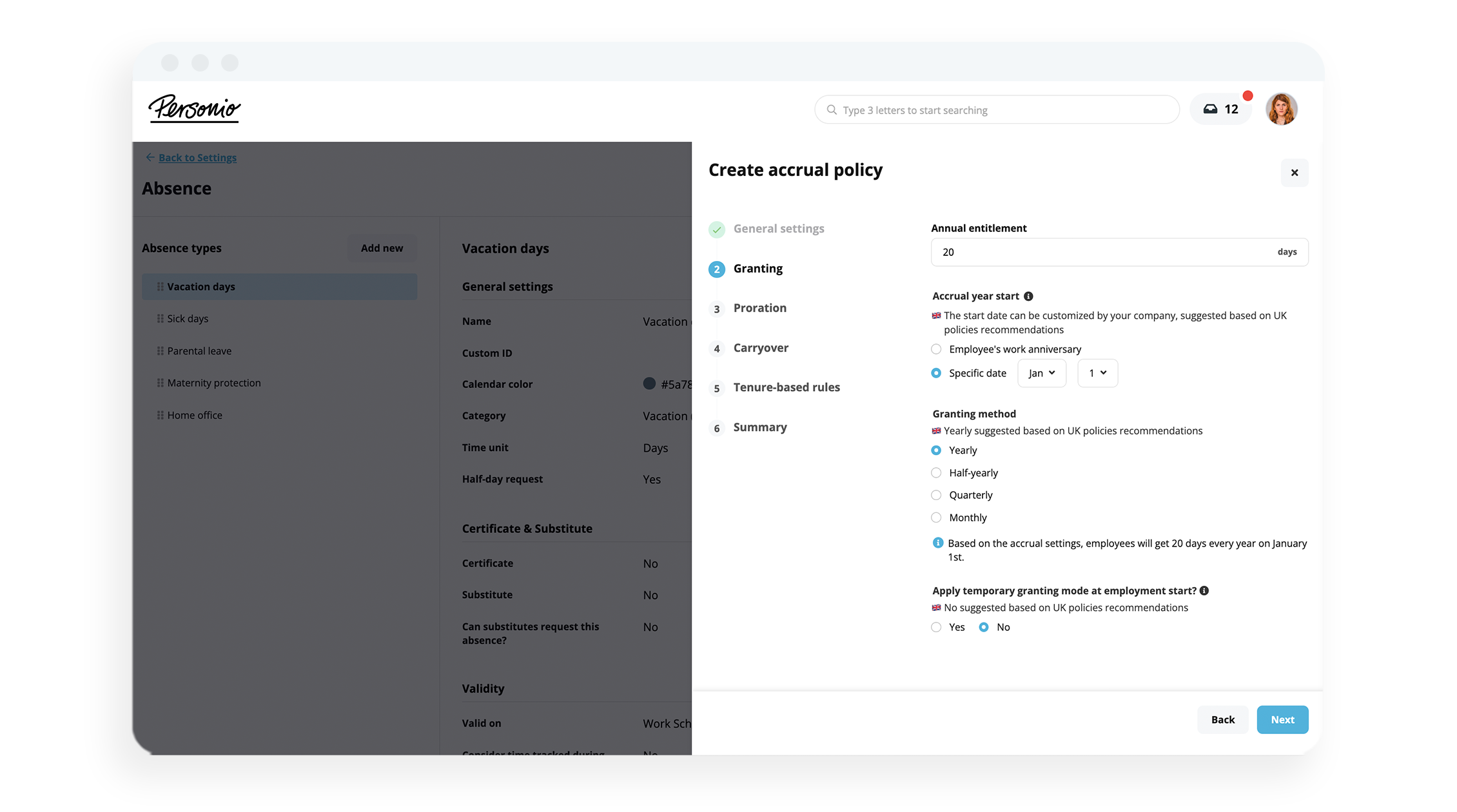
HR software can significantly streamline the management of floating holidays:
Online request and approval system: Employees can electronically submit requests, and managers can review and approve them efficiently.
Automated tracking and reporting: Track remaining balances, identify trends in usage patterns and generate reports for informed decision-making.
Compliance management: Software can ensure requests comply with established policies, minimising errors and discrepancies.
Centralised communication platform: Communicate policies, updates and reminders directly through the software, promoting transparency.
Additional tips for floating holidays
Please keep some of the following optimisations in mind for your floating holiday policy…
Encourage open communication
Foster a culture of open communication by encouraging employees to discuss potential scheduling conflicts with each other and their managers proactively. This can help identify and address potential issues before they escalate.
Regularly review and update policies
Regularly review your floating holiday policies to ensure they remain relevant and effective. Consider conducting employee surveys or focus groups to gather feedback and address any concerns they might have.
Train managers
Train managers on the floating holiday policy, including the different scheduling methods, approval processes, and conflict resolution techniques. This equips them to handle requests and address employee questions effectively.
Monitor usage and identify trends
Regularly monitor the usage of floating holidays and identify any emerging trends. This can help identify potential scheduling challenges or areas where policy adjustments might be beneficial.
Recognise and reward responsible use
Acknowledge and recognise employees who demonstrate responsible and respectful use of their floating holidays. This can encourage positive behaviour and reinforce the importance of fair scheduling practices.
Freshen up your PTO policies with Personio
Floating holidays offer employees flexibility, but managing them effectively can be complex. An HR software like Personio’s bridges this gap by streamlining policy communication and tracking absences within one centralised platform.
Employees can manage and make their own requests, with managers or HR approving them, which kicks off an automated process of recording, tracking and even telling their colleagues. All from one system, built with your HR needs in mind.
